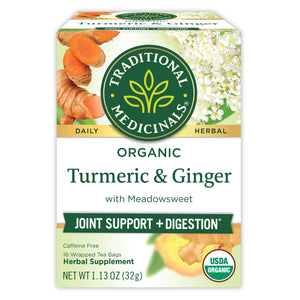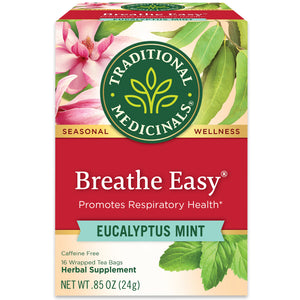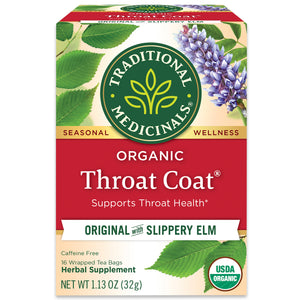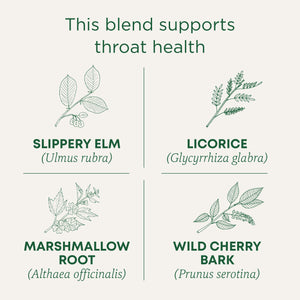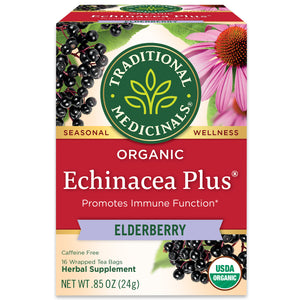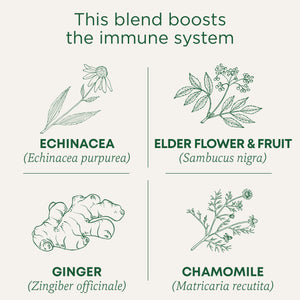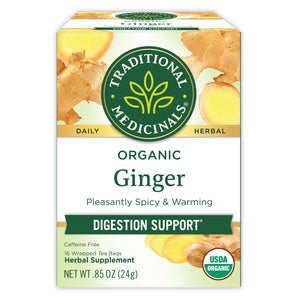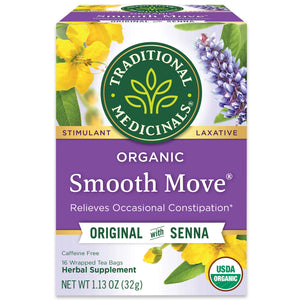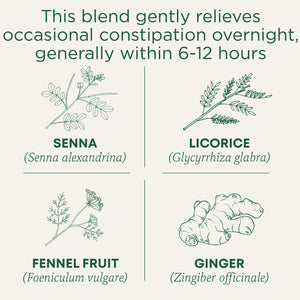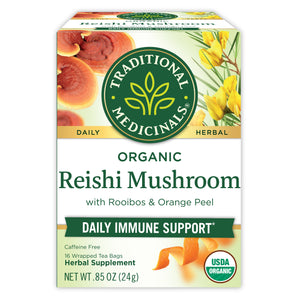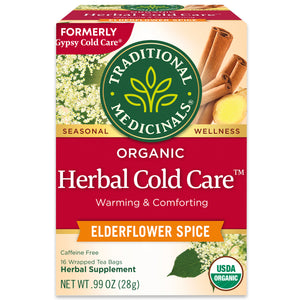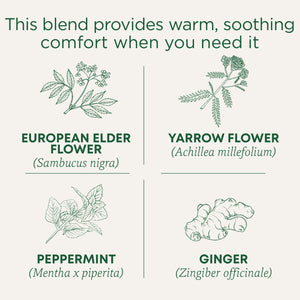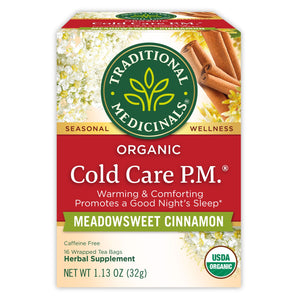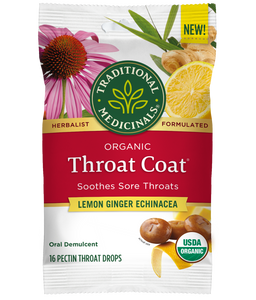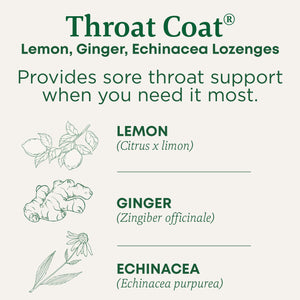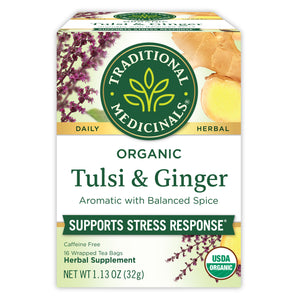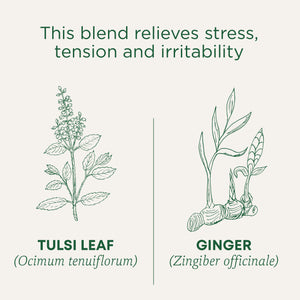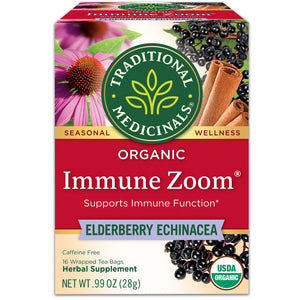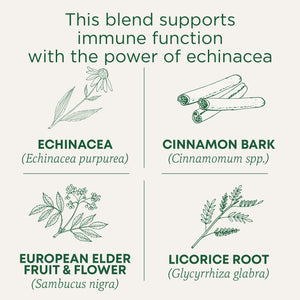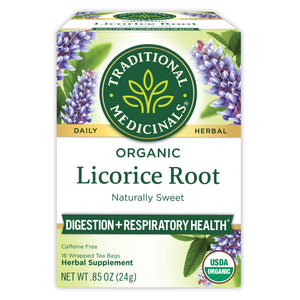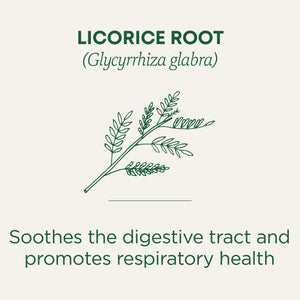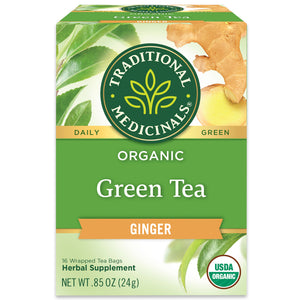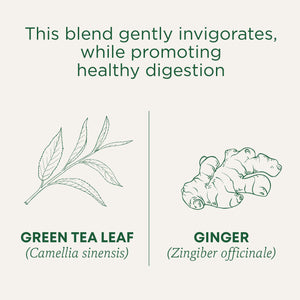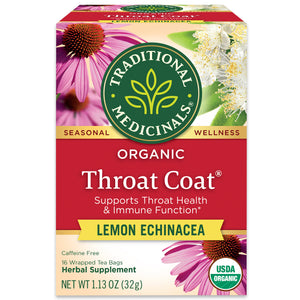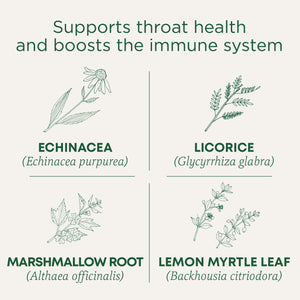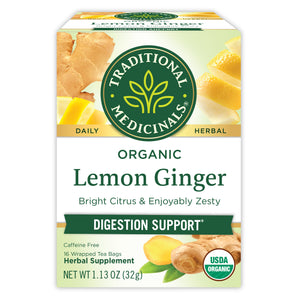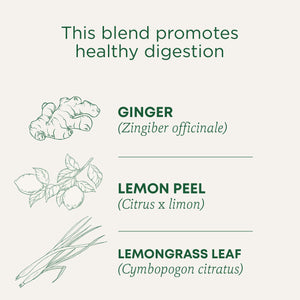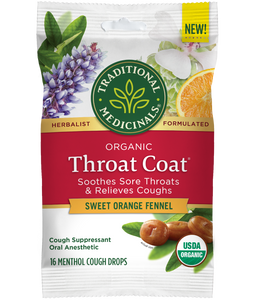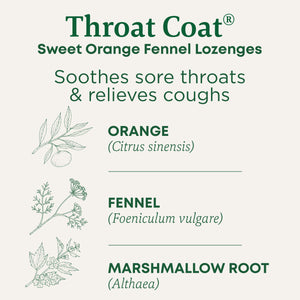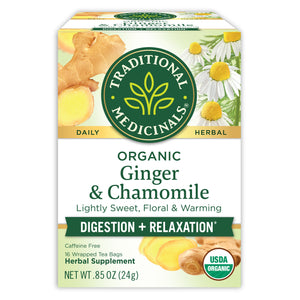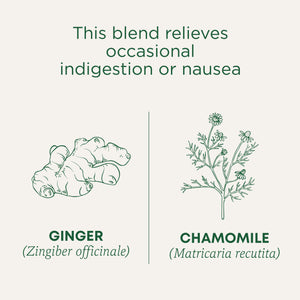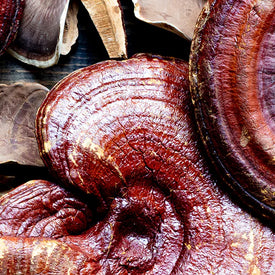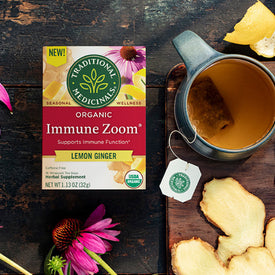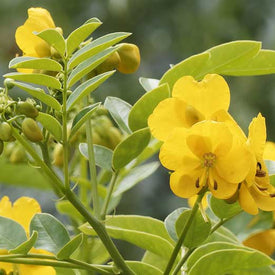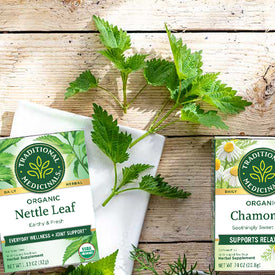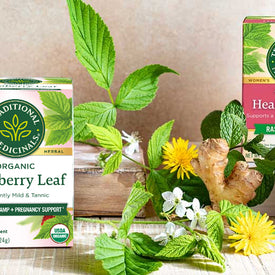The immune system serves as the body’s greatest defense mechanism against foreign invaders. But as herbalists, we see it as much more than just a systematic fortress. Our in-house medical herbalist David Hoffman writes, “Immunity represents an ecological interface between inner and outer environments”–a concept that considers immune health holistically, linking it to our relationship with mind, body, spirit and ultimately our largest bodily ecosystem—nature. Our “Herbalism, Anatomy & Physiology” series continues with an overview of how this complex system works, as well as some herbal tools to keep your immune system healthy.
Technically speaking, there are two forms of immunity: innate immunity (non-specific) and adaptive immunity (acquired). The innate immune system functions with what we were born with, our genetic predispositions of self-protection. It’s the first line of defense, including our skin, the tissue lining of our respiratory and digestive systems, our mucous, chemicals in the blood and immune system cells. When it senses the chemical properties of an antigen, a.k.a. our foreign invader, the innate immune system kicks into gear. Adaptive immunity, on the other hand, functions differently and serves as the inspiration behind modern-day vaccines. This form of immunity actually holds memories of antigens it has fought before, so it generates a more efficient response when encountering future attacks. While these two forms of immunity are considered the foundations of our immune response, there are other key players and body systems.
The Immune Alliance
Lymphatic System
While it’s natural to think of the immune system as a stand-alone entity, our lymphatic system also plays an important role in keeping us well. Perhaps this is why so many ancient medicine practices, like Ayurveda, emphasize lymphatic support through the use of herbs and massage for self-care. This commonly forgotten network system touches almost every part of our body system. It’s comprised of key organs and lymph nodes and transports lymph fluid, carrying critical immune cells throughout the body, as well as digested fats, fat soluble vitamins, and more. To support your lymphatic health, try dry brushing regularly or consider using alterative herbs like cleavers and burdock, featured in our Every Day Detox Lemon tea.
White Blood Cells
Created in the bone marrow and stored in the blood and lymphatic system, these cells are essential for supporting immunity and fighting infections. Unlike other cells, white blood cells do not have nuclei. Since these cells only live from one to three days, your body is constantly reproducing them and helping to regenerate itself regularly.
Spleen
Considered the largest organ in the lymphatic system, the spleen mostly acts as a blood filter and a storage system. It also helps to slow blood down and give the immune system time to create antibodies to fight antigens. While you can live without one, it would certainly create a higher risk for infections.
Bone Marrow
This spongy tissue resides inside your bones and produces blood cells, including platelets which help with clotting and white blood cells which fight against infection.
Thymus
This organ is part of the lymphatic system which produces T cells, or lymphocytes, which help the adaptive immune system respond to antigens.

Support Immune Health
The beauty of herbal formulation is that it can be uniquely tailored to each person’s needs. An herbalist may not only use immune herbs for seasonal support, but alteratives to support the lymphatic system, diaphoretics to support a healthy sweat, nervines to reduce stress, or whatever herbal allies are calling to the herbal practitioner and client. By supporting the body as a whole, we believe we have a better chance of being and staying well. Below are some herbs that are used traditionally when thinking about immune support, many of which are included in our Seasonal Line of Teas.
Echinacea (Echinacea purpurea, Echinacea angustifolia): Once you taste echinacea’s powerful root, you’ll be surprised by the tingling sensation that soon follows. One of the plant’s distinguishing characteristics is the presence of alkylamides, which help to stimulate the immune system and provide a powerful boost.* Try it in our Echinacea Plus tea.
Elderberry (Sambucus nigra): Traditionally both the flowers and berries of the black elderberry tree are used to support the immune system in the depths of winter.* European apothecaries often have the dark purple syrup handy to aid in seasonal wellness. Featured in our Echinacea Plus Elderberry tea.
Thyme (Thymus vulgaris): Because this kitchen herb is rich in the volatile oil thymol, it’s commonly used in cough drops, mouthwash, and ointments. A soothing plant ally for winter.
Licorice (Glycyrrhiza glabra): It’s not just for pacifying a sweet tooth; this root also aids the respiratory system in times of need. Whether you’ve sung yourself hoarse or your throat is trying to tell you something, our fans swear by our Throat Coat tea!
Ginger (Zingiber officinale): While you may know this rhizome for its digestive supporting properties, it’s also known for seasonal support in traditional herbalism. If you drink enough ginger in your tea, it will act as a warming agent, helping the body “sweat it out.”
Adaptogens: A classification for herbs that provide deep immune and whole body support, and they also help the body adapt to stress. Many of these herbs are immunomodulators, like astragalus (Astragalus membranaceus), reishi (Ganoderma lucidum), codonopsis (Codonopsis pilosula), and schisandra (Schisandra chinensis).
Our herbalists see immunity as a web, intricately woven between other key body systems and gut health. Many practitioners have witnessed the undeniable correlation between strong immune systems and a healthy outlook on life. While we believe the immune system to be more complex and powerful than one can even fathom, we are certain that happiness, living in communion with nature, having healthy relationships, and embracing plant medicine certainly can help.


